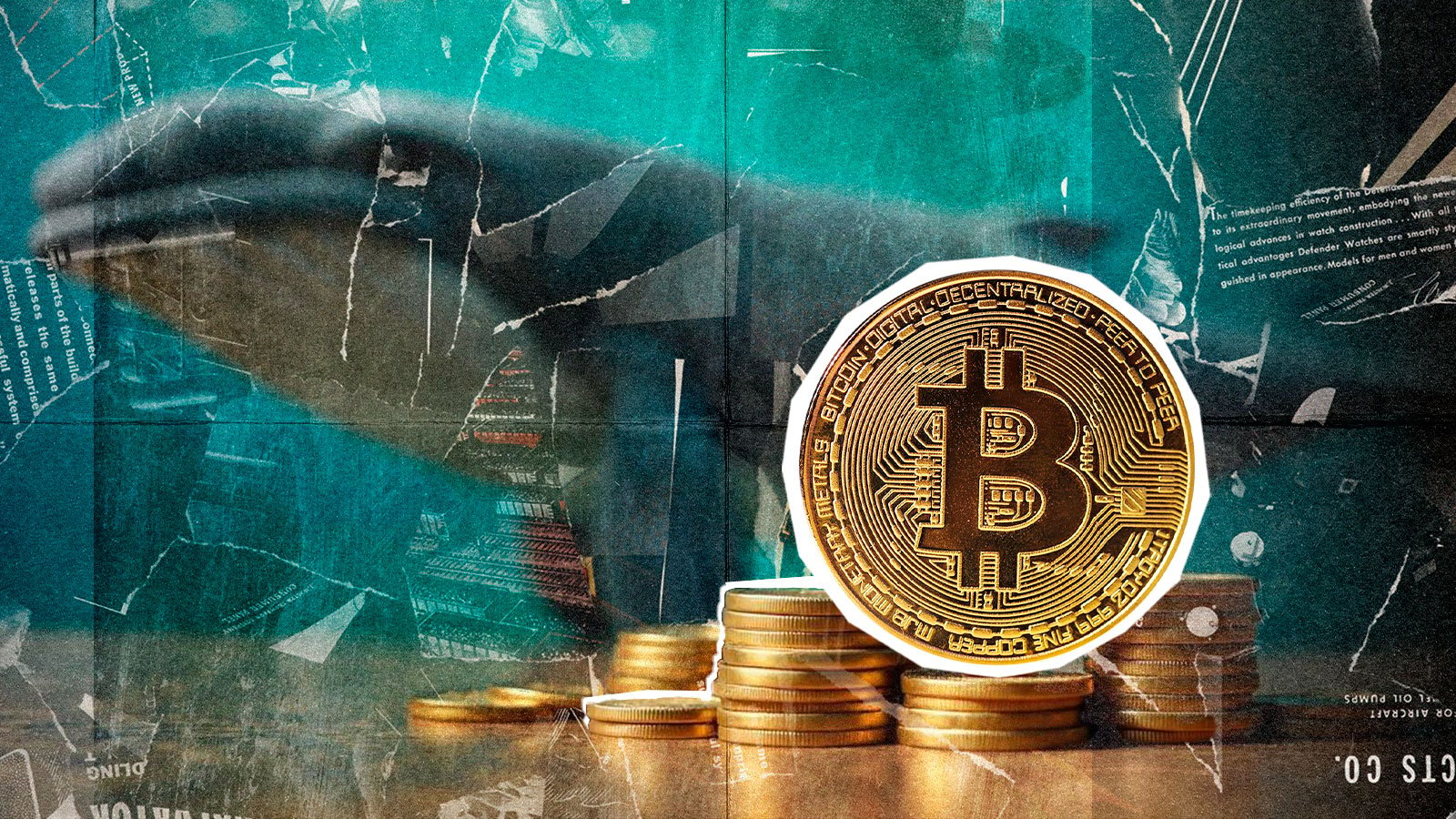Economist’s Critique of Bitcoin as a Strategic Reserve Asset
The Criticism
Economist Peter Schiff recently made headlines for his scathing remarks about Bitcoin investors’ expectations of the cryptocurrency being designated as a strategic reserve asset. He likened this hope to political vote-buying tactics, drawing parallels between the desire for Bitcoin to be held by the Treasury and President Joe Biden’s promise to forgive student loans to win votes.
What Happened
On Tuesday, Schiff took to X to criticize those who hope for former President Donald Trump to use taxpayer money to buy and hold Bitcoin as a Treasury reserve asset. He argued that this move would be akin to manipulating the market for political gain, rather than based on sound economic principles.
It’s clear that Schiff views Bitcoin as a speculative asset rather than a legitimate reserve currency, and he is not alone in his skepticism. Many traditional economists and financial experts have raised concerns about the volatility and lack of intrinsic value in cryptocurrencies like Bitcoin.
While Bitcoin has gained popularity and mainstream acceptance in recent years, questions about its long-term viability as a store of value persist. Critics like Schiff argue that the decentralized nature of cryptocurrencies makes them vulnerable to manipulation and regulatory crackdowns.
Impact on Individuals
For individual investors, Schiff’s criticism of Bitcoin as a strategic reserve asset may signal a cautionary warning about the risks of relying on cryptocurrencies as a safe-haven investment. While Bitcoin has generated significant returns for early adopters, its volatile nature means that it could just as easily experience sharp declines in value.
Investors should carefully consider their risk tolerance and investment goals before allocating a significant portion of their portfolio to cryptocurrencies like Bitcoin. It’s important to diversify across different asset classes to mitigate risk and protect against market fluctuations.
Global Implications
On a global scale, the debate over Bitcoin’s suitability as a strategic reserve asset reflects broader discussions about the future of finance and the role of digital currencies in the global economy. Central banks and governments around the world are exploring the potential benefits and drawbacks of issuing digital currencies to modernize their financial systems.
While some countries have embraced cryptocurrencies as a means of promoting financial inclusion and reducing transaction costs, others remain skeptical of the risks associated with unregulated digital assets. The rise of cryptocurrencies like Bitcoin has sparked debates about financial sovereignty, privacy, and security in a digital age.
Conclusion
As the debate over Bitcoin’s role as a strategic reserve asset continues, it’s clear that there are diverging opinions about the future of digital currencies in the global economy. While some see cryptocurrencies as a disruptive force that could revolutionize traditional finance, others remain wary of their speculative nature and potential for market manipulation.
Individual investors should approach cryptocurrency investments with caution and conduct thorough research before making decisions. The ongoing evolution of digital currencies will undoubtedly shape the financial landscape in the years to come, prompting further debate and discussion about their impact on individuals and the world at large.





